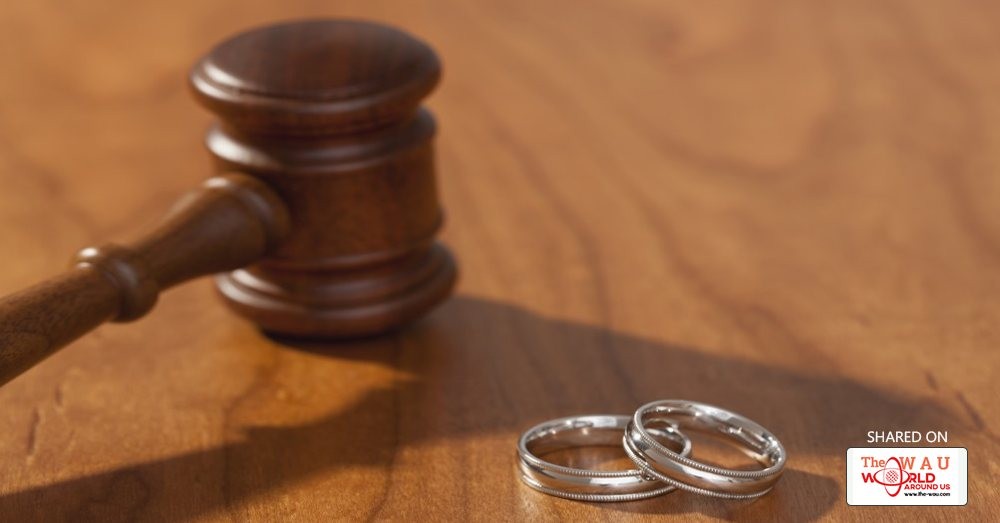The children are also being subjected to 'parent alienation syndrome'
I was divorced from my husband nine years ago in the Abu Dhabi Courts, but no arrangements had been made for my right to visit my children. My ex-husband, residing in Abu Dhabi, is not allowing me to meet my children not longer than 10 minutes. The children are also being subjected to 'parent alienation syndrome' as they are showing withdrawal symptoms from spending time with me. What are the children visitation rights in the UAE? How can I approach the courts to get my visitation rights? Also, what are the options when you are denied of your visitation rights?
Even though the custody of your children lies with your husband you have all the rights to have reasonable time to visit your children on regular basis. Article 154(1) of the Personal Law of UAE states: "If the child is in one parent's custody, the other shall have the right to visit and ask to be visited by the child as decided by the judge, provided that the place, time and the person responsible for bringing the child are specified.
Based on the aforementioned provision of Law you may approach the 'Personal Status Court' in the emirate - here Abu Dhabi - and open a case against your ex-husband for not letting you to spend reasonable time with your children during visitation.
KNOW THE LAW
Article 154 (1) of the UAE Personal Law states:
"If the child is in one parent's custody, the other shall have the right to visit and ask to be visited by the child as decided by the judge, provided that the place, time and the person responsible for bringing the child are specified."
Dishonour of cheque criminal offence
I have served six months of imprisonment against a dishonoured security cheque (for an amount of Dh35,000) handed over to a bank. The cheque was lodged for collection due to non-payment of credit card bills. Is it true that the debt will be written off if one serves jail term?
Pursuant to your queries it should be understood that in the UAE, dishonour of cheque is a criminal offence as well as a civil case against the debtor. The complainant may at its discretion open a criminal complaint and a civil claim against the defaulter, at the same time or a different time.
Your imprisonment is the execution of order passed against you by court in accordance with Article 401 of the Federal Law No. 3 of 1987 regarding Issuance of Penal Code (the "Penal Law") which states: "Detention or a fine shall be imposed upon anyone who, in bad faith, gives a draft (cheque) without a sufficient and drawable balance or who, after giving a cheque, withdraws all or part of the balance, making the balance insufficient for settlement of the cheque, or if he orders a drawee not to cash a cheque or makes or signs the cheque in a manner that prevents it from being cashed.
The same penalty shall apply to any one who endorses a cheque in favour of another or gives him a bearer draft, knowing that there is no sufficient balance to honour the cheque or that it is not drawable."
Now, you should check if the bank has already filed a civil case against you in accordance with Article 664 of the Federal Law No. 18 of 1993 on the issuance of The Commercial Transactions Law (the "Commercial Transactions Law"), which states: "If a penal action in any of the cheque related crimes provided for in the law of penalties has been filed against the drawer, the holder of the cheque who claims the civil right may sue in the court for obtaining an amount, equivalent to that of the cheque or to the extent of the unpaid amount of its value, apart from the compensation when necessary."
KNOW THE LAW
Article 401 of the Federal Law No. 3 states:
Detention or a fine shall be imposed upon anyone who, in bad faith, gives a draft (cheque) without a sufficient and drawable balance or who, after giving a cheque, withdraws all or part of the balance, making the balance insufficient for settlement of the cheque, or if he orders a drawee not to cash a cheque or makes or signs the cheque in a manner that prevents it from being cashed.
Bank can deduct amount from gratuity
I have been working with a company in the UAE for the last 10 years and recently the company made me redundant. I had availed a loan from a bank where my salary is credited and the loan will mature next year. My employer has informed me that the end of service benefits will be transferred to my bank account. Is the bank authorised to deduct amount from my gratuity towards settlement of loan?
Pursuant to your queries, it should be noted that your company will transfer your end of service benefits to the bank account where your salary is credited in the event your Personal Loan Agreement with the bank mentions to transfer all the end of service benefits to the said bank account.
In the UAE, it is legal that your bank can deduct amount from your gratuity towards settlement of loan. This is in accordance with Notice No. 3692/2012 dated 17th July 2012 of the Central Bank of the UAE to All the Banks and Finance Companies in the UAE regarding General Terms and Conditions and Loan Agreement -texts drafted and approved by Emirates Bank Association. Article 2 (1) of Personal Loan Agreement approved by Central Bank of UAE, which states: "As a guarantee and security to pay the loan, interests, commissions, fees, and any other amounts become due under this Agreement the Borrower commits and undertakes to provide the bank with a letter from the Borrower's employer pursuant to which the employer undertakes to transfer his monthly salary and the end of service benefits to the bank throughout the loan period."
Share This Post















